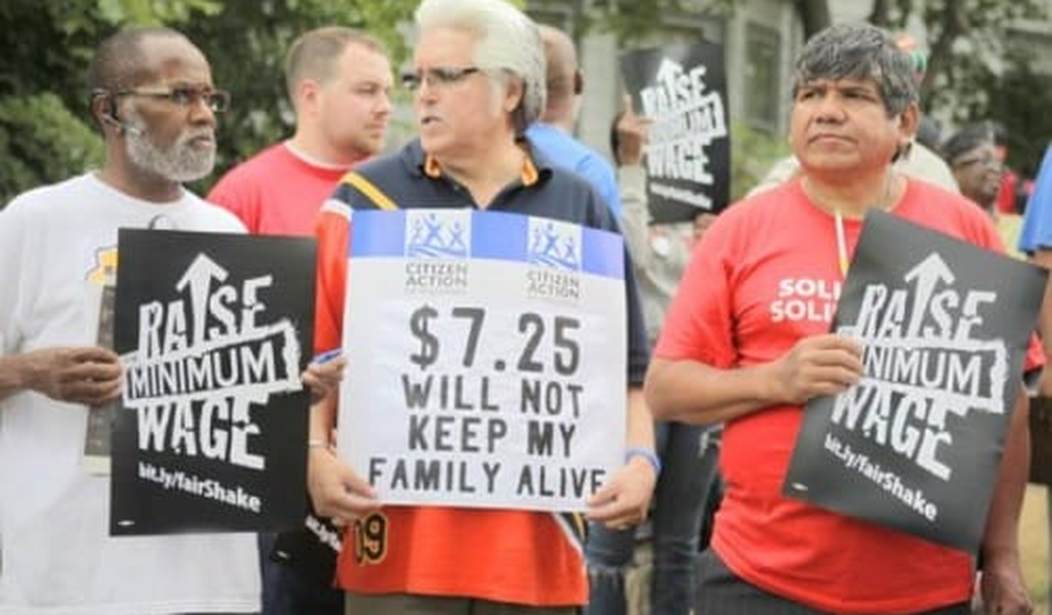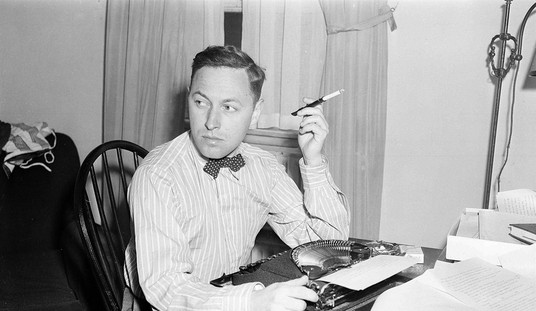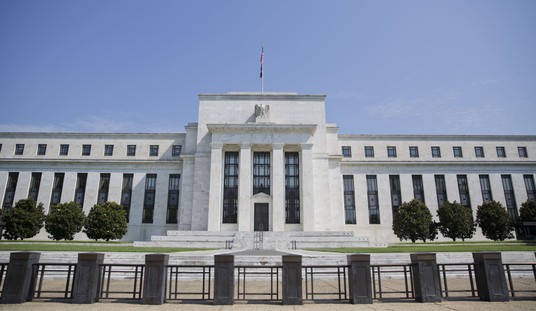WASHINGTON – Secretary of Labor Thomas Perez defended before a Senate panel Wednesday a proposal to boost the federal minimum wage, calling the argument that teenage workers would benefit most a “myth.”
The Senate Committee on Health, Education, Labor, and Pensions hearing came as the White House and Senate Democrats are pushing to increase the federal minimum wage to $10.10 an hour. The minimum wage, which was last raised in 2009, is currently set at $7.25 an hour.
Earlier this year, Sen. Tom Harkin (D-Iowa) introduced the Fair Minimum Wage Act that would raise the minimum wage in 95-cent increments over a three-year period, and then index the rate to inflation. The legislation would also increase the hourly wage rate for tipped workers from $2.13 to $3.00 during the first year, and then increase this amount by either 95 cents or an amount necessary to raise the rate to 70 percent of the minimum wage, whichever is less.
Republicans on the panel criticized the proposal, citing a report by the Congressional Budget Office (CBO) that found increasing the minimum wage to $10.10 per hour would reduce employment by about 500,0000 workers, or 0.3 percent.
“I believe families shouldn’t live in poverty but the idea of raising the minimum wage to address that is a stale, bankrupt, ineffective policy,” said Tennessee Sen. Lamar Alexander, the panel’s top Republican. “If the issue is jobs, than couldn’t we come up with a better proposal than one that the CBO said would cost 500,000 jobs?”
Alexander said there are several amendments that Republicans would like to offer to this bill but Democrats have denied them the opportunity to put these proposals forward.
Senate Democrats bypassed deliberation in committee over the bill back in January to bring the legislation up for a vote on the Senate floor.
“There are better ideas,” Alexander said. “Reform refundable tax credits to benefit all low-income workers, replace long-term unemployment compensation with job training, change Obamacare’s work week definition from 30 hours to 40 to encourage full-time jobs, and use existing federal education dollars to give children of low-income families a $2,100 scholarship to choose a better school.”
Perez disputed some of the CBO’s findings while emphasizing other parts of the report that predict raising the minimum wage would benefit millions of people and pull nearly a million out of poverty.
“The [CBO] indicates that 25 million people will benefit from an increase in the minimum wage,” Perez said. “The [CBO] agrees that roughly 12 percent are teenagers who benefit from the minimum wage, so we can put to rest once and for all this myth that raising the minimum wage only helps teenagers. I hear that time and time again – it’s wrong. The average age of a minimum wage worker is 35 years old.”
Perez referenced the experience of Washington state, which has the highest minimum wage in the nation, as an example that contradicts the assumption that the minimum wage reduces employment.
He said the bulk of the evidence shows that you can raise the minimum wage without having a negative impact on jobs.
“Six hundred economists, including seven Nobel laureates, have looked at this issue and concluded that the minimum wage has little or no impact on employment,” Perez said.
The CBO report says an increase in the minimum wage would substantially boost income for most low-income workers. Nevertheless, those earnings would not go only to low-income families because many low-wage workers are not members of low-income families. Only about one-fifth of the $31 billion in total increased earnings would go to families with incomes below the poverty threshold.
CBO Director Doug Elmendorf told the committee the minimum wage hike would have two effects: most workers would receive higher pay, and some jobs may be eliminated.
He noted this is the “central estimate,” meaning there is a two-thirds probability that the change would create anywhere from a slight reduction in employment to a loss of one million jobs.
“It could be smaller job loss, it could be larger job loss,” Elmendorf said.
He said that nearly one-third of the families that would benefit from the minimum wage hike already earn more than three times the poverty level.
Sen. Elizabeth Warren (D-Mass.) noted that CBO’s report is a “meta-study” that collected hundreds of studies and weighted its findings to come up with an overall estimate of the impact of a minimum wage increase on employment. She said the Center for Economic Policy Research examined every study since 2000 on the effects of the minimum wage and employment and concluded that an increase in the minimum wage has no impact on jobs.
The White House has also criticized the report, saying the job loss estimates were overstated.
According to the White House’s estimates, the wage hike would lift two million workers above the poverty line.
The issue is likely to feature prominently in the 2014 midterm elections as the Democrats try to counter Republican messaging on problems with Obamacare.
President Obama called for an increase in the minimum wage during his State of the Union address. He has made the minimum wage boost a central part of his larger effort to reduce income inequality.
Obama signed an executive order in February that would increase the minimum wage for federal contractors to $10.10 an hour.
On Thursday, Obama ordered the Department of Labor to propose rules that expand the number of employees who benefit from overtime pay. The rules would be aimed at salaried workers who make more than $455 a week and those who are ineligible for overtime pay because they are designated as management.
“Overtime is a pretty simple idea,” Obama said. “If you have to work more, you should get paid more.”









Join the conversation as a VIP Member